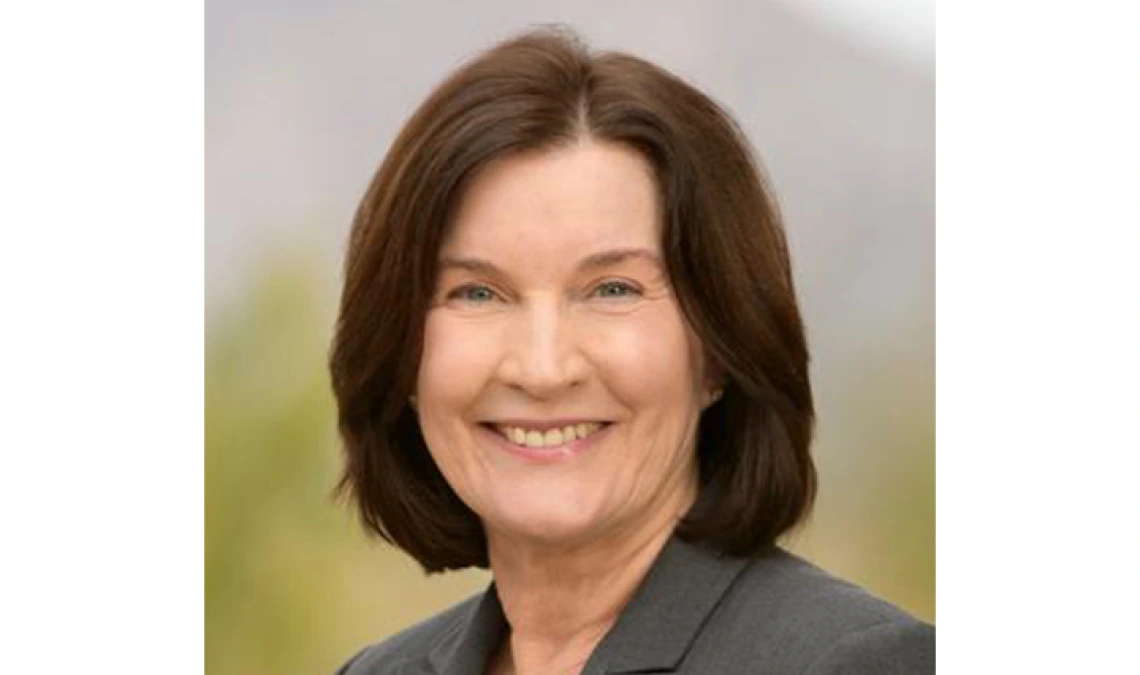American Cancer Society Funds Research to Benefit Hispanic Cancer Survivors, Caregivers
University of Arizona Cancer Center researchers will target cancer health disparities unique to Hispanic communities by addressing the root causes to accelerate progress in health equity research.

A University of Arizona Health Sciences researcher was one of only four recipients of a $4 million American Cancer Society grant to develop a “Cancer Health Equity Research Center” with the goal of improving health equity for Hispanic cancer survivors and family care givers.
“We will be developing and testing interventions that can be incorporated into clinical practice,” said principal investigator Terry Badger, PhD, RN, professor and Eleanor Bauwens Endowed Chair in the UArizona College of Nursing and UArizona Cancer Center member. “By looking at health care utilization and many social determinants of health, we’re hoping to come up with ideas of how we can decrease health disparities and enable people to access the health care they need.”
According to the American Cancer Society, which designated the funds for Minority-Serving Institutions, the centers will implement solution-based research addressing cancer health disparities that will contribute to achieving health equity and reducing cancer mortality. The University of Arizona is designated as a Hispanic-Serving Institution by the U.S. Department of Education.
UArizona Health Sciences researchers will focus on three areas: assessing care and treatment needs of kidney and liver cancer patients; assessing the impact of diet and physical activity interventions on lifestyle behaviors; and symptom management and health care utilization in rural and urban underserved populations.
“Terry has laid the foundation and is a national leader in supportive care, research and training,” said Joann Sweasy, PhD, the Nancy C. and Craig M. Berge Endowed Chair and UArizona Cancer Center director. “She is most deserving of this prestigious award.”
Dr. Badger will use her experience to increase participation in clinical intervention trials for underrepresented cancer survivors and their caregivers.
“We are going to work with our communities to develop and test effective, accessible interventions that will benefit cancer survivors and caregivers,” Dr. Badger said. “I have a very successful history of including underrepresented cancer survivors and their caregivers in my trials. We have over 450 cancer survivors and their caregivers in one of my studies right now and about 40% of those are Hispanic.”
Additionally, the grant will allow Dr. Badger and her team to train the next generation of researchers and develop synergistic relationships with other UArizona Health Sciences and UArizona researchers to foster more projects focused on cancer health equity.
Dr. Badger will work with a team of dedicated cancer researchers including Ken Batai, PhD, a research assistant professor of urology in the UArizona College of Medicine – Tucson and a member of the UArizona Cancer Center Cancer Prevention and Control Program, Cindy Thompson, RDN, PhD, a professor in the Mel and Enid Zuckerman College of Public Health and co-leader of the Cancer Prevention and Control Program, and Chris Segrin, PhD, professor and head of the Department of Communication in the UArizona College of Social and Behavioral Sciences.

